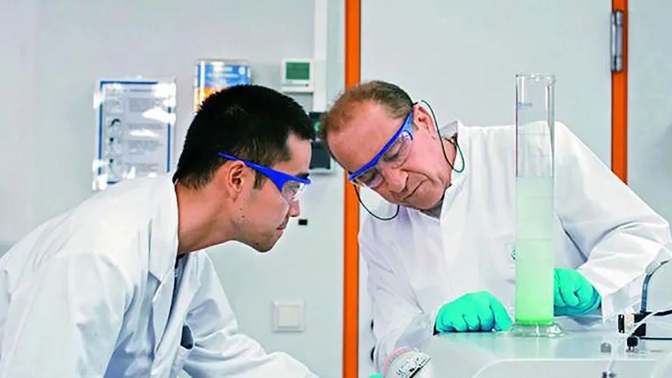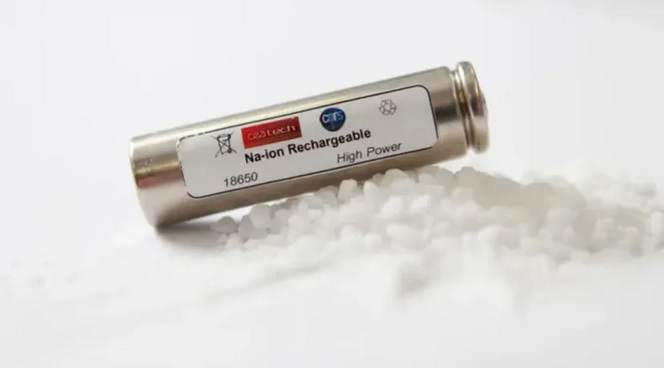These promising sodium batteries are cheap and sustainable and want to revolutionize transportation.
After the paradigm shift brought about by the massive adoption of LFP (lithium fluorophosphate) batteries in 2020-2021 by Chinese car manufacturers, everything seems to indicate that the next great revolution in the sector will be sodium batteries, a solution that is still more affordable and ecological that will gain weight in the coming years.

One of the latest projects related to its development is the one led by the Solar Energy and Hydrogen Research Center of Baden-Württemberg (Germany), which, in collaboration with three renowned partners, is working on powerful, profitable and sustainable urban transportation and stationary storage applications.
This initiative is called “4NiB” (4-volt sodium ion battery) and aims to consolidate an alternative to current lithium batteries, which are highly dependent on critical raw materials for their manufacturing. The German Federal Ministry of Education and Research will finance the project with 1.35 million euros over three years.
As explained in the press release, sodium is available in large quantities and is cheaper than lithium since it can be obtained from sodium chloride. In addition, this type of cell dispenses with cobalt, nickel, copper and graphite, which translates into a significant cost reduction.
Sodium batteries do not depend on a Chinese-controlled supply chain.
The project aims to create a high-performance cell in a bag format with an energy density greater than 200 Wh/kg. To this end, cathodes are being developed with safe and stable mixed phosphates at high voltage from polyanions and hard carbon anodes from organic waste, using preliminary products of great abundance in Germany. Ionic compounds can be added to the non-aqueous liquid electrolyte selected by scientists to increase its conductivity and safety.

Given that China has only just begun commercializing this technology, the consortium urges Europe to do the same as soon as possible. Interestingly, the French company Tiamat, owned by Stellantis, already produces cells of this type for a line of DIY tools from Leroy Merlin. Therefore, while they are not yet used in electric vehicles, European sodium batteries are already on the market.
Source – ZSW
Related Post
